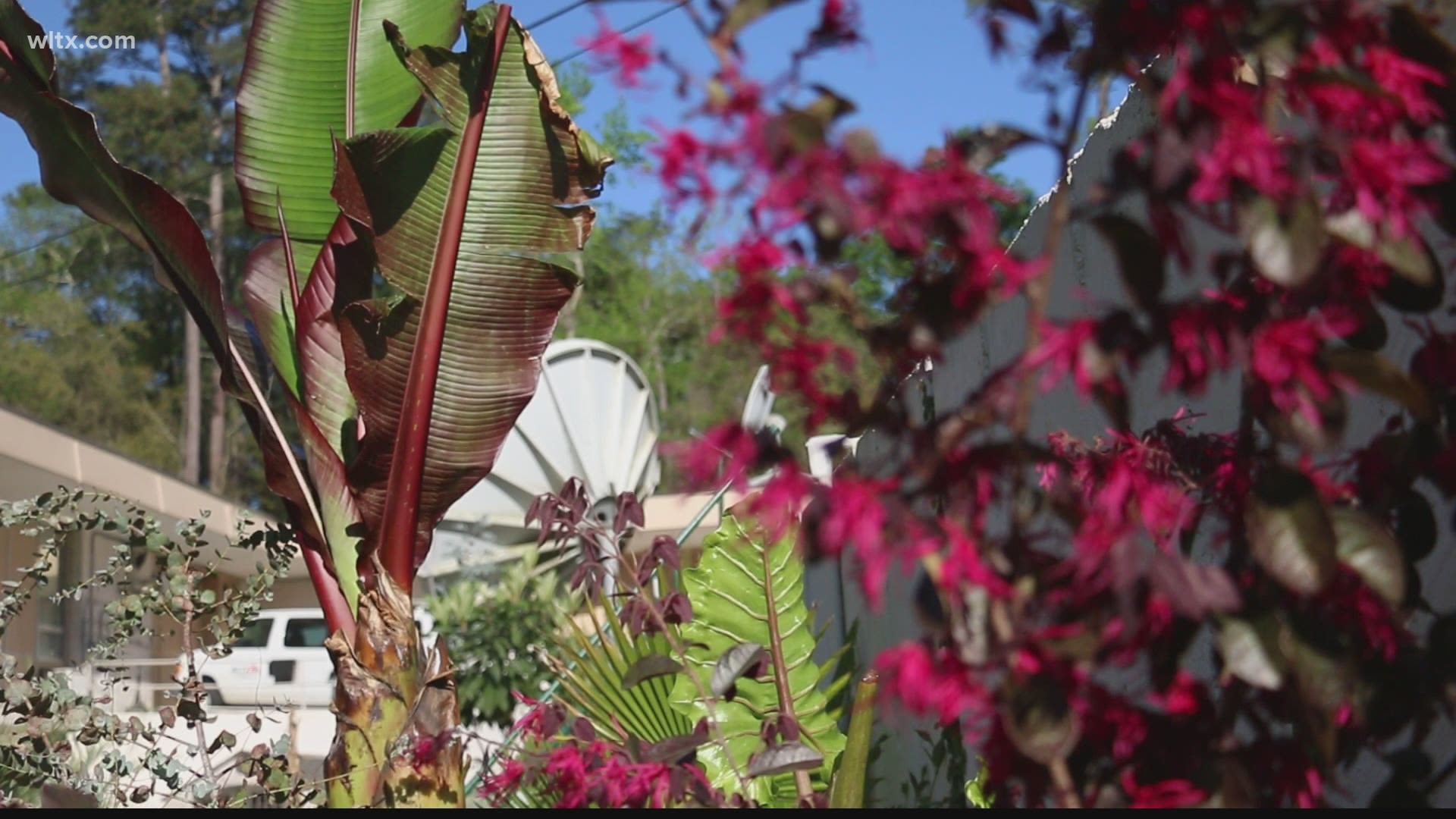COLUMBIA, S.C. — March is coming to a close, but winter chill isn't entirely behind us as we welcome April. Parts of the South Carolina Midlands will likely see a freeze during the first Friday & Saturday morning of April. If temperatures drop to 32F, it'll be nearly an entire week after the average last freeze date, which isn't unusual.
History of April Cold
The average April morning is typically in the 50s in South Carolina, but temperatures can swing in either direction during this spring month. The Columbia airport has seen at least one April morning in the 30s the past 10 years in a row. It's no surprise we're expecting this to happen again to kick off the new month.
Freezing weather in April is not common in Columbia, but light freezes have occurred as recently as 2019. The temperature dropped to 32F on April 3, 2019 at the Columbia Airport. The morning of April 8 in 2007 dropped to a bitter 26 degrees, which tied with 1983 for the coldest April morning on record.
April freezes have happened an average of 3 out of 10 years since 1888, but they are now becoming less common. In the past 20 years, an April freeze has happened 3 times, that's half as frequent as the historical average. A late start to the ground season doesn't mean summer won't be hot. Our most recent April freeze in 2019 was followed by our second hottest May on record, with a record breaking 5 days in the 100s. The infamous April 2007 freeze was followed by the hottest August on record. August 2007 reached a record breaking 107F with 14 days of triple digit heat.
Which plants will be hit by this potential freeze?
There are a lot of plants in leaf and bloom across the Midlands right now, and most of them will be okay. Fortunately, light freezes aren't typically damaging to tender new shrub growth or blooms and foliage that is hardened off will do okay. Native plants will make out especially well because these are adjusted to an occasional late season freeze. Tender perennials like cannas, bananas, or elephant ears may experience foliage burn through this cold spell, but will recover with milder weather. Spring bulbs will have no issues.
Tender annuals may not survive this freeze and should be brought inside or covered if temperatures drop close to or below freezing. Some summer annuals like petunias and geraniums are less tender and can survive brief drops near freezing. Summer crops like tomatoes, basil, squash, and countless others are particularly sensitive to cold when seedlings so even a drop into the 30s could cause damage. Temperatures below freezing will kill these tender plants and prolonged cool weather can invite fungus and other problems.

